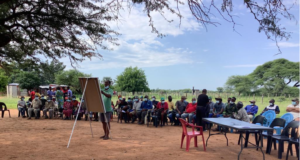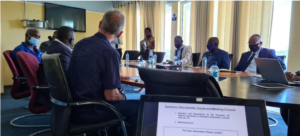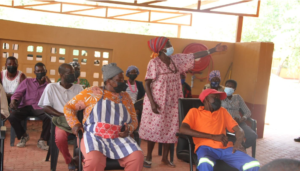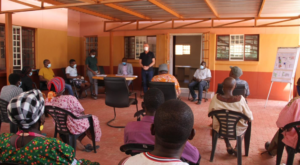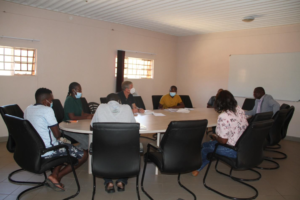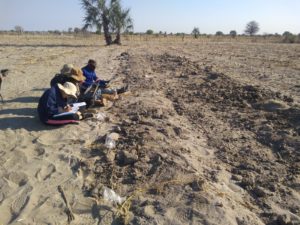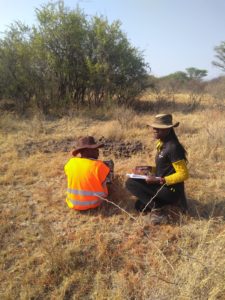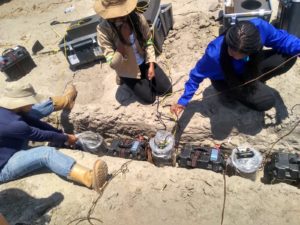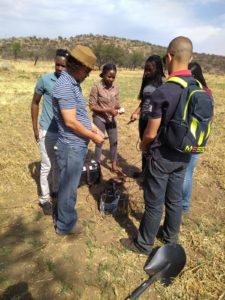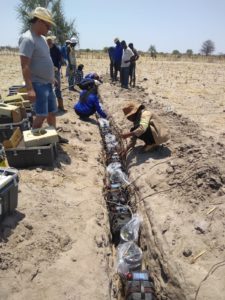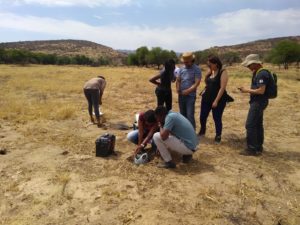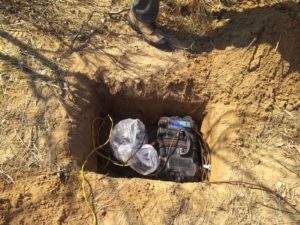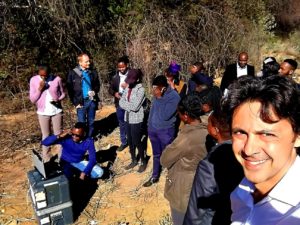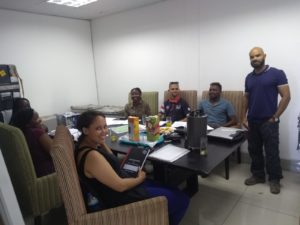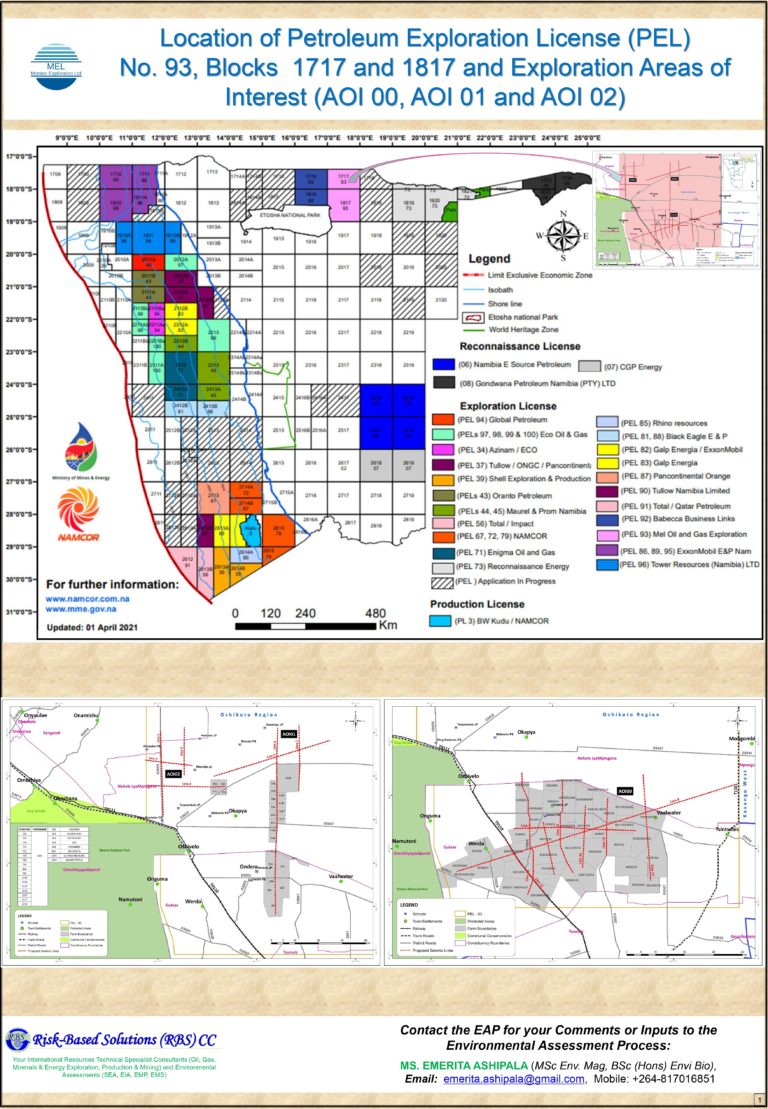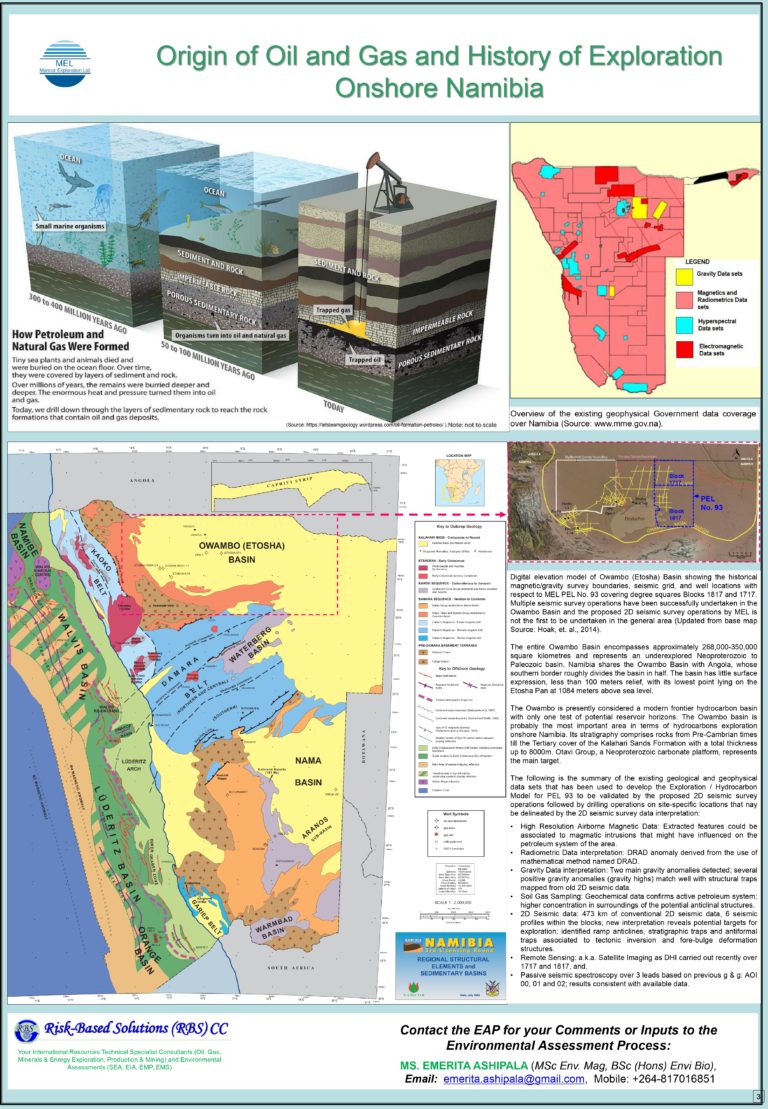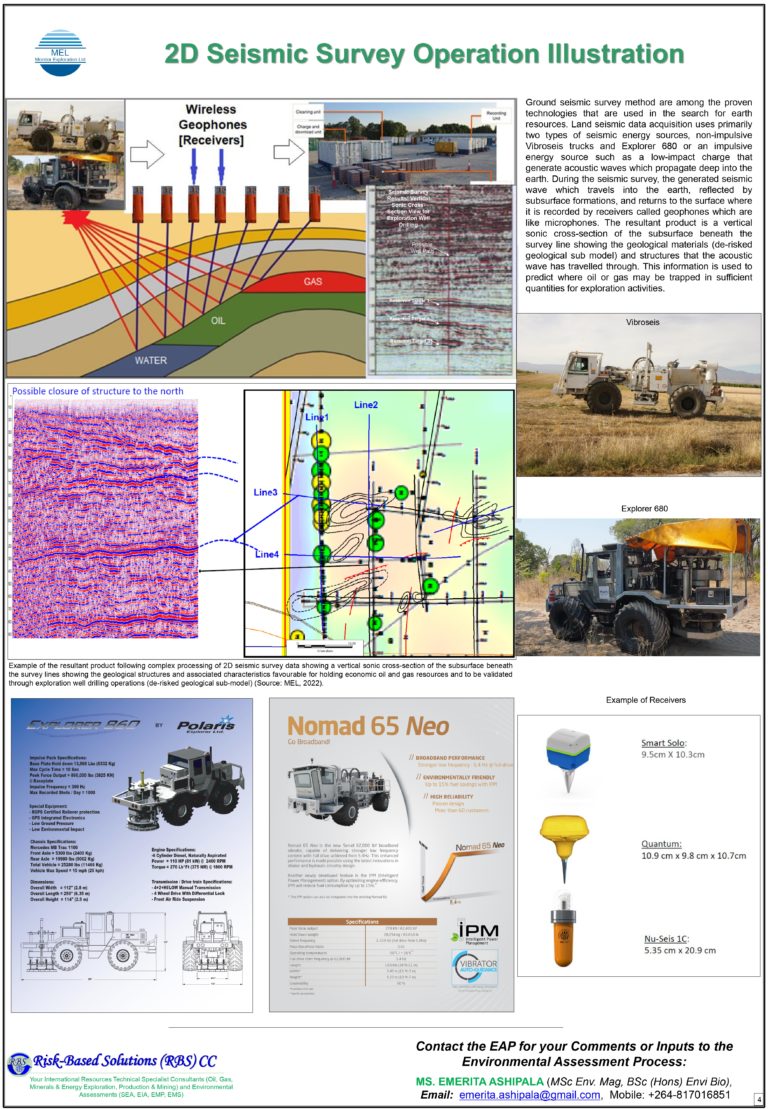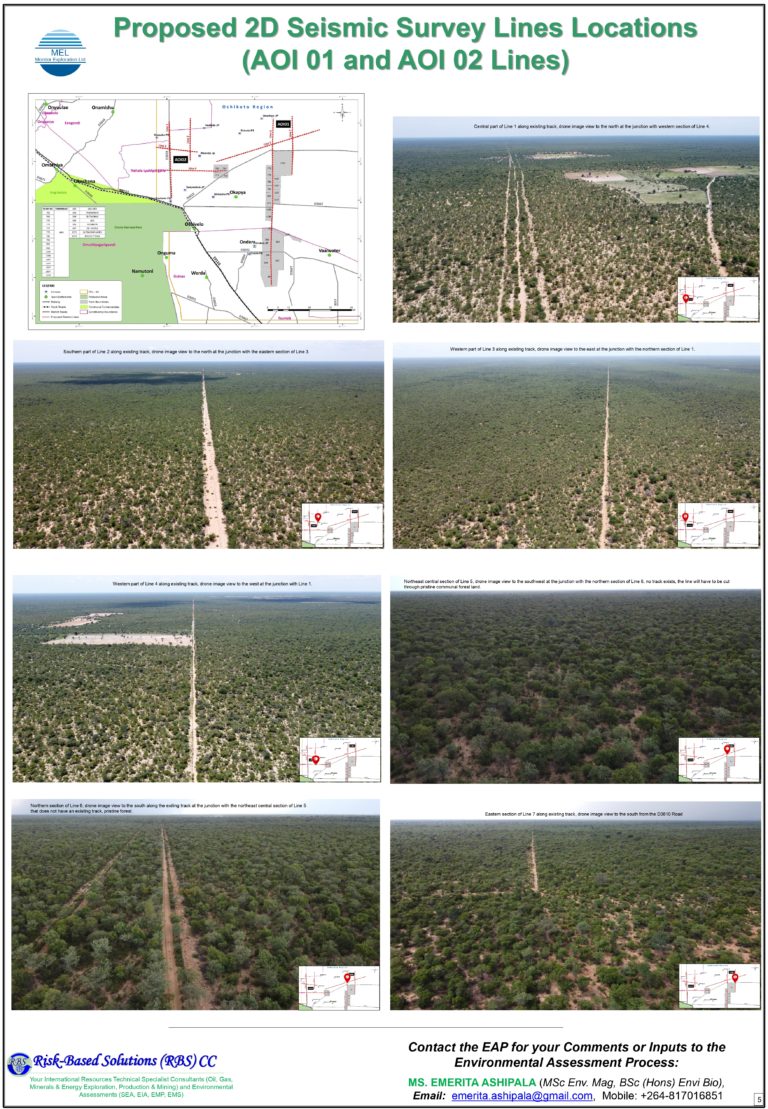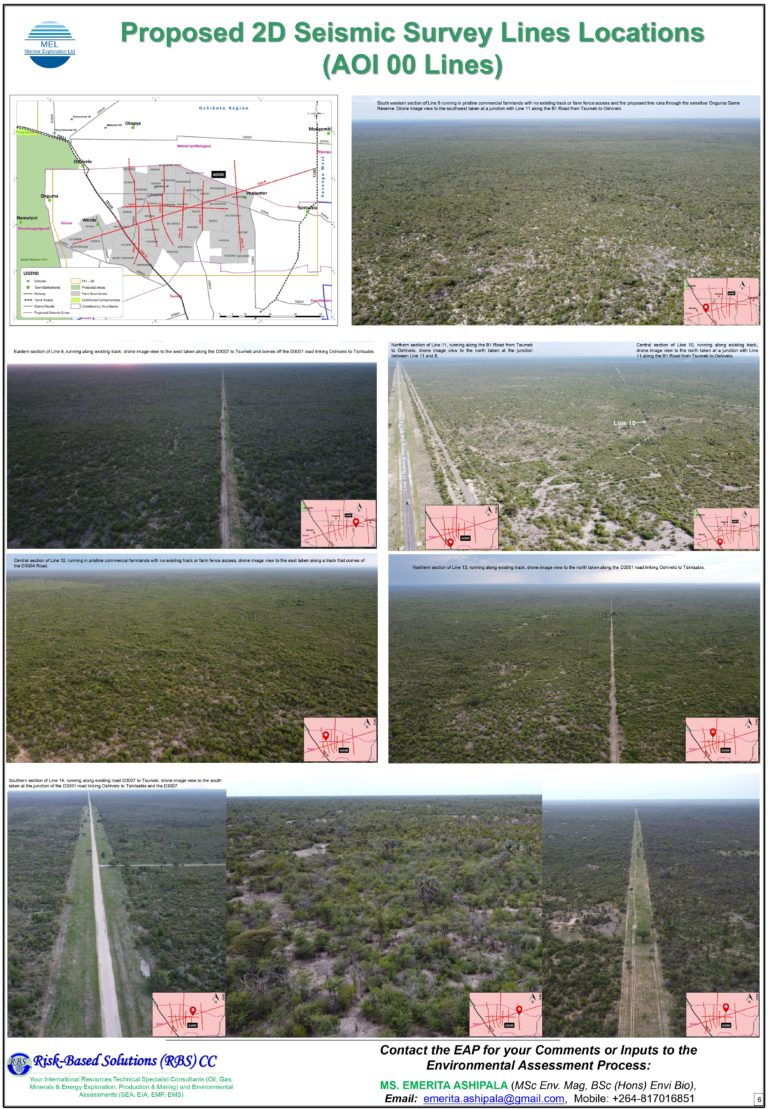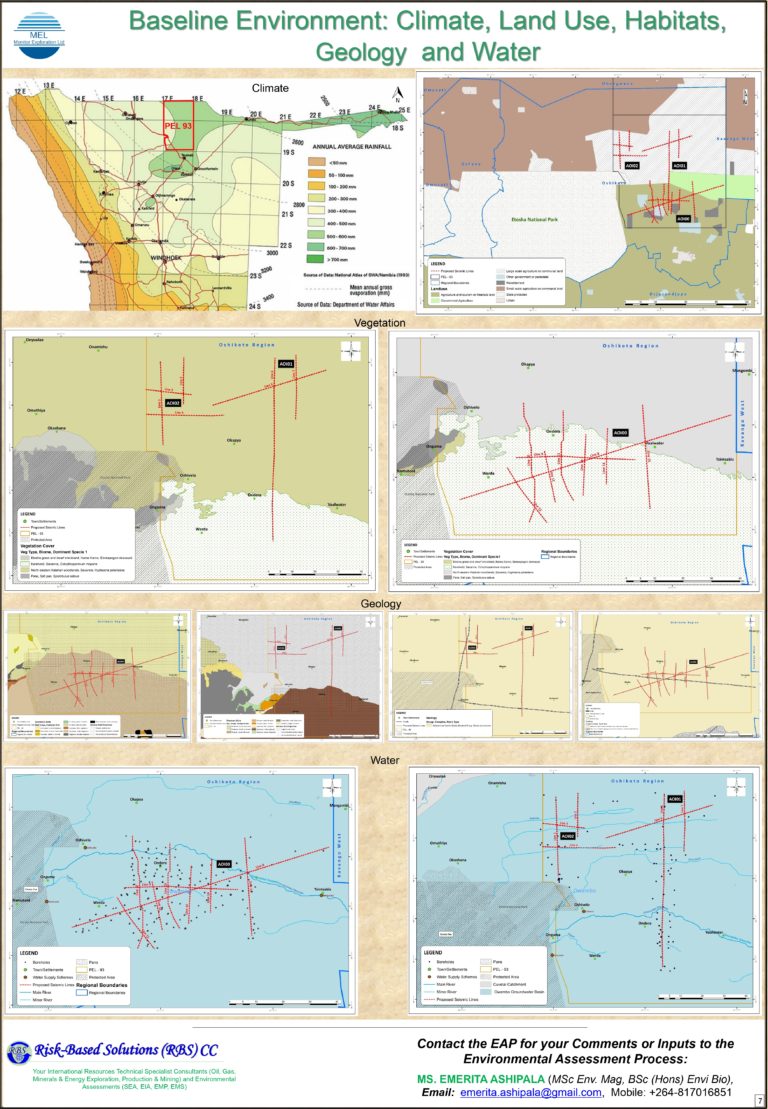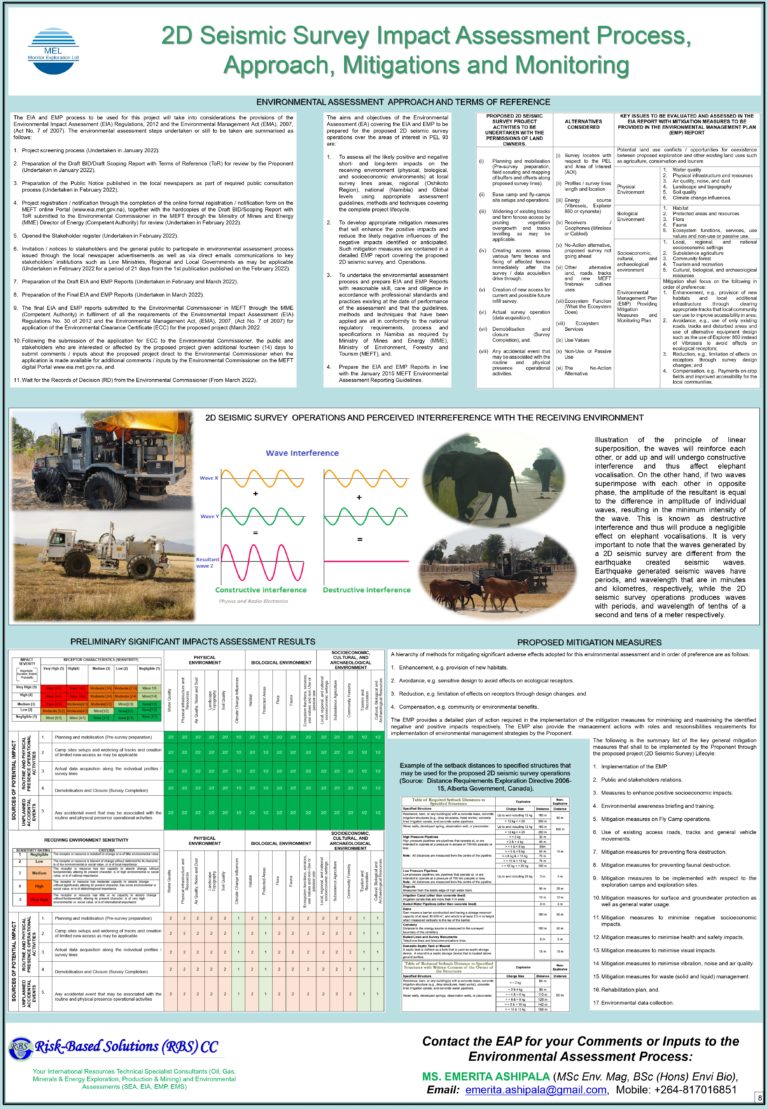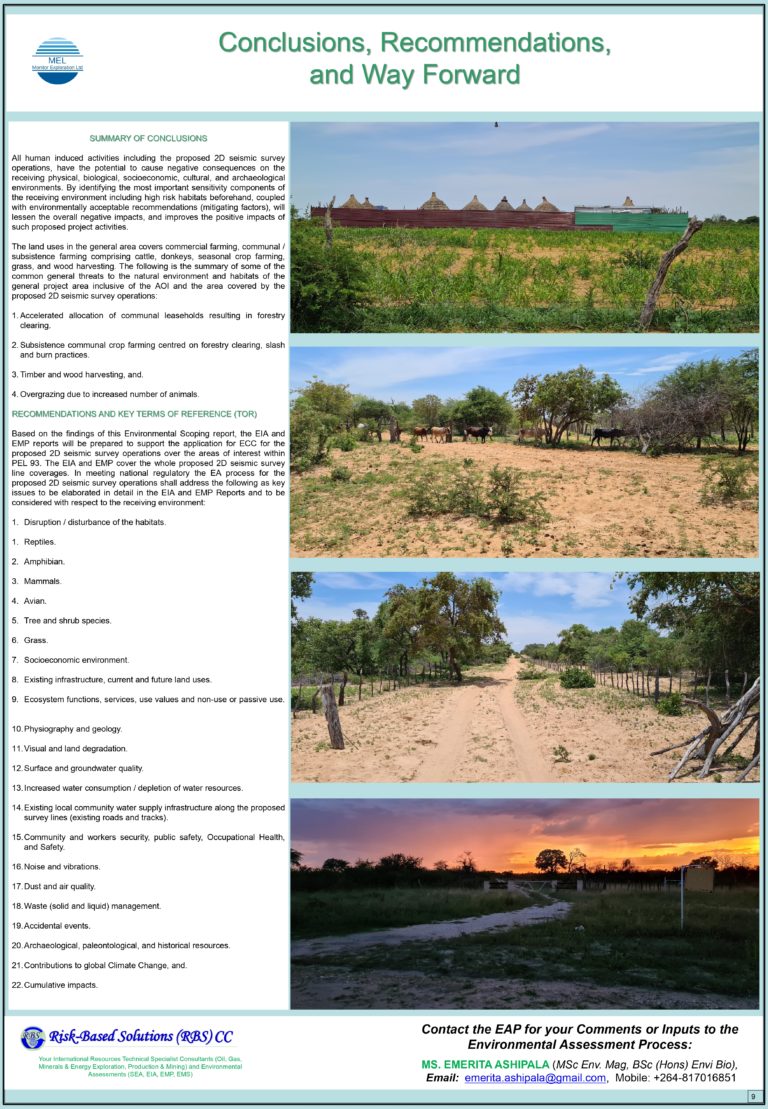Monitor is a guest in Namibia and we intend to keep this very much in mind in every aspect of business.
People. Safety. Environment.

People
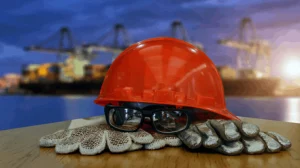
Safety
While our first licence area in the Owambo basin is separated intentionally by the Ministry from the Etosha National Park and we are some 500 kms plus from the Kavango River, we continue to be extremely careful in our approach to our exploration programme.
We have emphasized techniques that are harmless to the environment, such as Remote sensing by means of satellite imaging, Geochemical soil sampling and Passive seismic surveys.
Our plan is to undertake some additional surveys with these techniques before advancing with low impact conventional 2D seismic acquisition.
After a thorough examination of our proposed work program, an independent Environmental Impact Assessment was issues, on the basis of which the Ministry of Mines and Energy of Namibia

Environment
has awarded Monitor with the Environmental Clearance Certificate which approves the processes we intend to implement and authorizes us to immediately proceed with the preparation and field work of 2D seismic survey.
We are exploring to discover and produce hydrocarbons in the Owambo Basin. In doing so, we will always work with the Government and the people of Namibia to minimise the environmental impact of our operations. We are very aware of the natural beauty of Namibia and that we are working in a water scarce country, with the result that our conceptual development plans include buried pipelines to export the oil safely and to bring water from the coast to avoid the use of groundwater in our operations. Namibia is blessed with abundant solar and wind energy, supporting the development of oil & gas fields with zero carbon emissions as the facilities can be powered without the use of fossil fuels.
Our focus is always to minimise our impact on the environment while maximising the benefit to the people of the host country to whom the natural resources we are extracting belong.

